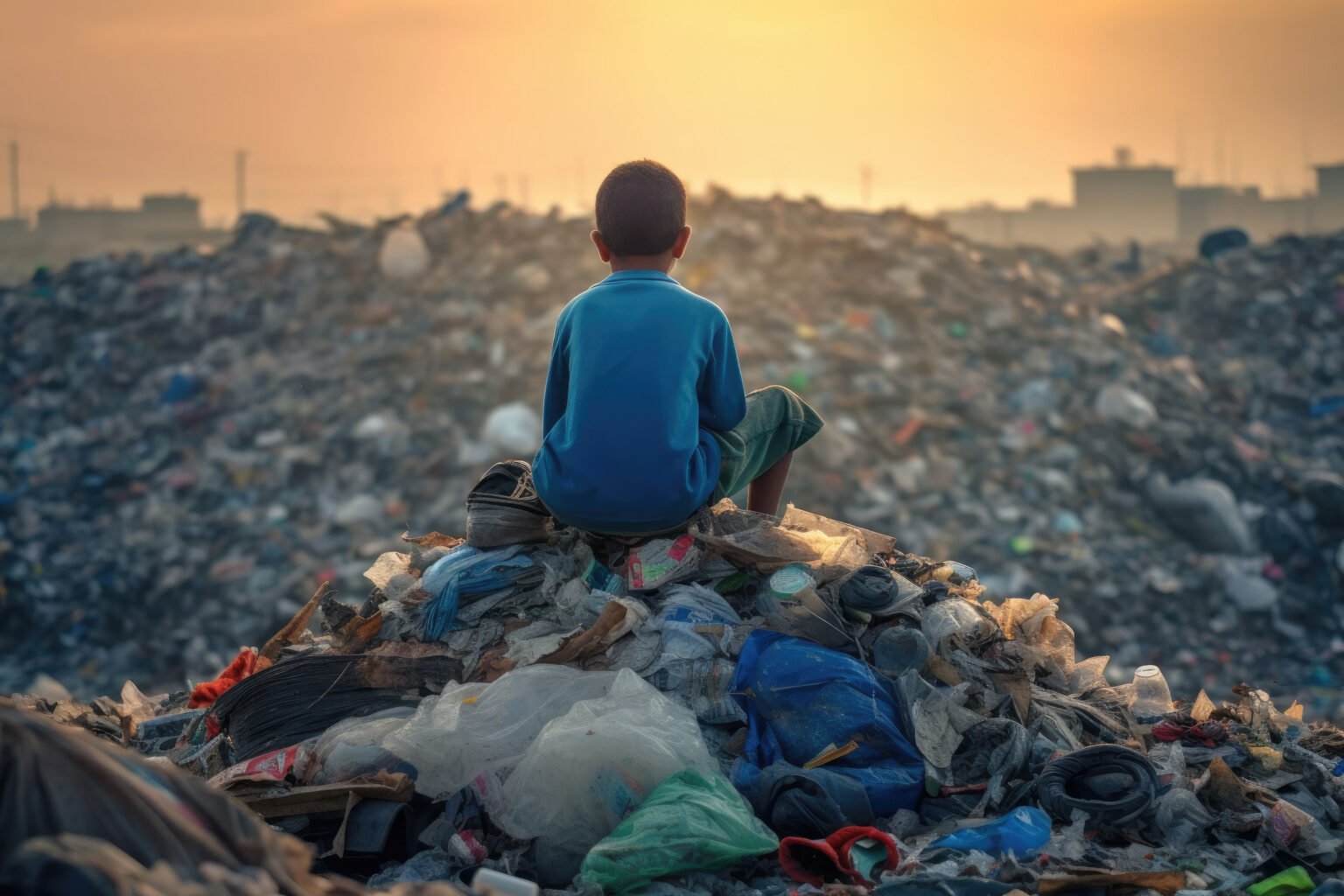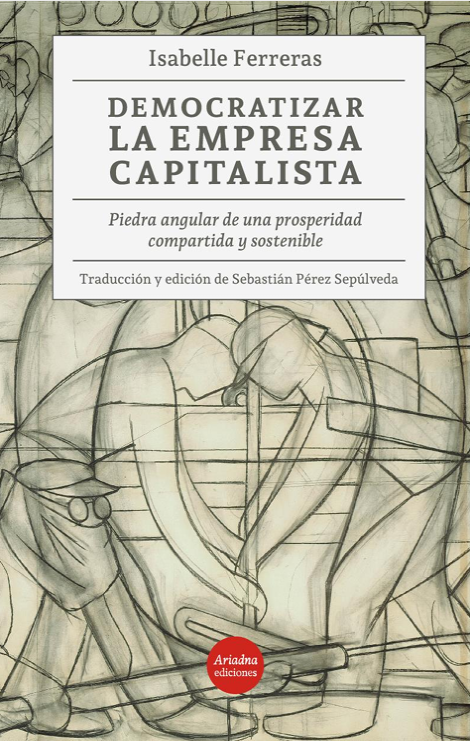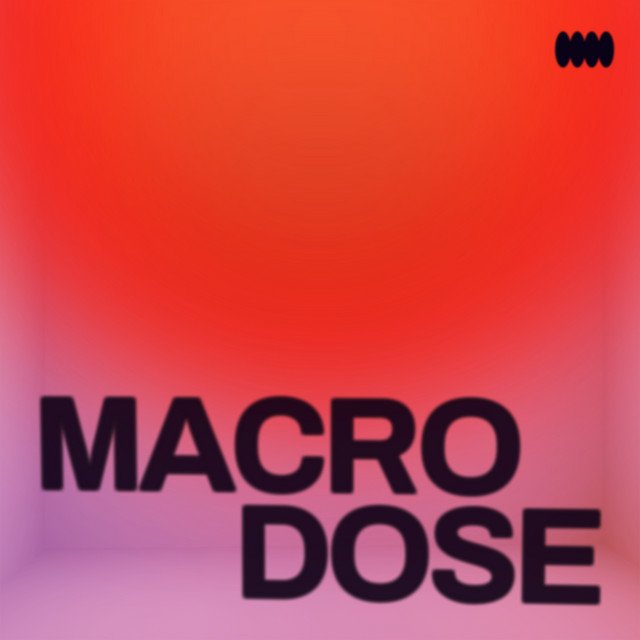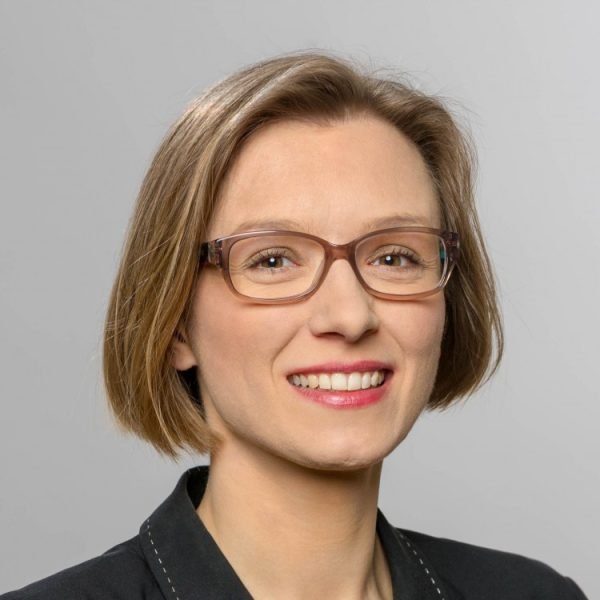#DW Newsletter #6
June - September 2024
Dear signatories of the #DemocratizingWork Manifesto,
Dear Isabelle Ferreras,
We took a break over here, and hope you could enjoy some time to rejuvenate yourself as well. The world needs you at your best as we are continuing our efforts to combine the 3 principles of Democratizing, Decommodifying, and Decarbonizing in, at and around work. We are making a difference!
Here are recent updates from our work at Democratizing, Decommodifying, and Decarbonizing Work! Please share updates from your end
Our #DW Global Workshop Series Continues
NOVEMBER, 21 Please join us to continue the global conversation over the 3 principles. We will discuss the report released last June by Olivier De Schutter, the UN Special Rapporteur on extreme poverty and human rights, featuring Democratizing Work as one of the key strategies — at the United Nations General Assembly.
Watch the recordings of last year workshops via the #DemocratizingWork dedicated webpage
IN THE NEWS
June 1, ITALY Il Manifesto with Dominique Méda «Ripensare le economie per una riconversione verde» ; “Rethinking the economy for a green reconversion"
This interview is a discussion between Dominique Méda, member of the core group, and Roberto Ciccarelli associate professor in political philosophy and freelance journalist in Italy.
In Ripensare le economie per una riconversione verde, Dominique Méda offers deep insights into rethinking economies to achieve sustainable and environmentally friendly solutions. This compelling article discusses the urgent need for an economic transition, focusing on ecological balance and social justice.
JUNE 28, FRANCE, Le Monde with Isabelle Ferreras about the connection between working conditions and electoral behavior influence
On the eve of the French elections (June 30), Isabelle Ferreras, member of the core group was featured in the French newspaper Le Monde in order to explain how the deterioration of working conditions, with loss of meaning and lack of autonomy, is a key driver of abstention and voting for the extreme right. This article reminds us how consequential the choices are regarding the way we govern work.
RECENT EVENTS
MAY, UNITED STATES The Economic Democracy Initiative Expands its Job Guarantee Webtool
The Economic Democracy Initiative (EDI), led by founding director Pavlina Tcherneva, continues to build upon its ongoing project JobGuarantee.orglaunched at the beginning of 2024 with several new pages. The Job Guarantee answers the call to decommodify work as outlined in the DW manifesto.
Expanding beyond the Job Guarantee Research Bibliography included in the site’s launch, this latest addition includes a singularly comprehensive bibliography of research and official reports on India’s National Rural Employment Guarantee (NREGA), the largest ongoing rights-based public employment program in the world. This project, spearheaded by the economist Jean Drèze and EDI Student Researcher Emilia Cooper, comprises a searchable database containing more than 400 entries touching on all the core aspects of NREGA. Visit the site to explore this new database.
MAY, 17 UK - Oxford University : AI, Work and Democracy Conference
The Institute for Ethics in AI and the Oxford Martin School held a keynote address by MIT economics professor Daron Acemoğlu on May 17, 2024. Next to Ekaterina Hertog (Oxford), Josh Ober (Stanford) Daniel Susskind (Oxford), and Carl Frey (Oxford), #DW core group member Isabelle Ferreras discussed the role of workers in the direction of technological change and the need to go beyond the classic topics of negotiation between management and unions in order to move forward with democratizing work. You can find the recording of this session by clicking on the image.
JUNE, 20 CANADA - Isabelle Ferreras was awarded a Honorary Degree from Laval University, Canada, in recognition of her research and influence on work and the workplace.
The statement from Laval indicates that “Her research has shown that capitalist firms can best be understood as political entities and that their place in the history of democracy remains unresolved. The path forward she has suggested is called economic bicameralism. Her work has revealed the connections between firms’ democratic transition, the respect for planetary limits, and the future of political democracy.”
Our #DemocratizingWork initiative is highlighted by the statement from Laval "Her keen desire to bridge the gap between research and society has fuelled numerous workplace democracy initiatives, including Endicott and Democratizing Work, whose manifesto on May 16, 2020, brought together more than 6,000 researchers, was published in 43 newspapers, and has been translated into 27 languages.”
You can watch the ceremony by clicking on the photo below:
JULY, 9 UNITED STATES The Levy Economics Institute of Bard College Welcomes Pavlina Tcherneva as Incoming President, and its first female President
The Levy Economics Institute of Bard College welcomes Pavlina R. Tcherneva as its next -and first female- president, succeeding Dimitri B. Papadimitriou, who has held the role since 1986.
Tcherneva, who first joined the Levy Institute in 1997 as a forecasting fellow, has been a scholar at the Institute since 2007, specializing in modern money and public policy. Her book The Case for a Job Guarantee(Polity 2020), one of the Financial Times economics books of 2020 and already published in nine languages, is a timely guide to the benefits of one of the most transformative public policies being discussed today.
AUGUST, 28 - FRANCE : “Rediriger: entreprise et démocratie”, Impact France at Cité Internationale Universitaire de Paris
The last few months in France and Europe have seen an inexorable rise in social and political tensions. Does business have a role to play here?
This event facilitated exchange between employers’ associations and researchers on the need to democratize work. Isabelle Ferreras was invited to exchange with the presidents of the two main French employers’ federations (Medef and Impact France). She discussed why democratizing work is key to a sustainable and democratic future, in France and elsewhere.
UPDATES from National Chapters
From Italy:
NOVEMBRE, 23 - ITALIA : Medecina Democratica : I legami rintrecciati: il lavoro tra salute, ambiente e partecipazione nel tempo delle crisi. Per maggiori informazioni contattare Ivano Scotti, ivano.scotti@unina.it.
NOVEMBER 23 - ITALY: The intertwined links: the work between health, environment and participation in times of crises. Florence, November 23 2024, 9:30 am – 2:30 pm. For more information contact Ivano Scotti, ivano.scotti@unina.it You are welcome to attend the event organized by the Italian National Chapter. Flavia Maximo, from the #DW core group member, will participate in this event and help support the discussion about the connection between the 3 principles of our #DemocratizingWork Manifesto principles.
CALL FOR PAPERS
Labour Process and the Environmental Crisis in a Multipolar World in the 44th International Labour Process Conference, 23-25 April 2025, Facultad de Economia y Negocios, Universidad Alberto Hurtado, Santiago de Chile
This year special focus will be on the interlinkages between the multipolar changes of the world system, the environmental/ecological questions, and the processes of change in labour processes, regimes of exploitation, systems of regulation and working-class action and resistance. Deadline Abstracts: October 31 2024.
Qu’est-ce que la démocratie en organisation /en entreprise / au travail ?Appel à un ouvrage très collectif, AGORA DODES
Plutôt que de concevoir un « modèle » unique d’organisation démocratique, nous souhaitons mettre en lumière la diversité des approches, des objets et des dynamiques par lesquels la démocratie peut se manifester dans les organisations. Loin de considérer qu’il serait possible ou souhaitable de concevoir un « modèle » de l’organisation démocratique, qu’il suffirait d’appliquer pour incarner la démocratie dans l’entreprise, nous trouvons utile de donner à voir cette diversité d’approches, d’objets et de dynamiques à travers lesquels peut se matérialiser la démocratie dans l’organisation. Contact: corentin.gombert@minesparis.psl.eu
NEW BOOKS OUT
Le pouvoir, pour tous! (Paris, Dunod, 2024) Julie Battilana and Tiziana Casciaro
Le pouvoir attire et repousse, captive et révulse. Plus que jamais d’actualité, il est au cœur des plus grands chamboulements historiques et sociaux – et aussi de nos vies quotidiennes. Malgré cette omniprésence, il reste largement mécompris. Dans Le pouvoir, pour tous ! Julie Battilana et Tiziana Casciaro s’appliquent à tordre le cou aux idées reçues sur le pouvoir, en s’appuyant sur la recherche en sciences humaines et sociales.
Le livre fournit les outils nécessaires pour analyser les dynamiques de pouvoir dans n'importe quelle situation, comprendre les hiérarchies de pouvoir (et raisons de leurs inerties) et mettre en œuvre du changement que ce soit au travail ou en société. Une lecture éclairante qui changera votre vision du pouvoir quel que soit votre âge et votre parcours.
Welcome to all for the book launch in Paris on October 10: L'ESSEC et Les Mines organisent un événement de lancement à Paris pour Le pouvoir, pour tous ! . Si vous souhaitez y participer, vous pouvez vous inscrire ici.
Power attracts and repels, captivates and repels. More topical than ever, it is at the heart of the greatest historical and social upheavals - and also our daily lives. Despite its omnipresence, power remains largely misunderstood. In Le pouvoir, pour tous!, Julie Battilana and Tiziana Casciaro set out to dispel preconceived ideas about power, drawing on research in the humanities and social sciences.
ESSEC and Les Mines will host a launch event in Paris for Le pouvoir, pour tous! on October 10. If you would like to attend, please register here.
Democratizar la empresa capitalista: Piedra angular de una prosperidad compartida y sostenible (Ariadna Ediciones, Santiago, 2024) Isabelle Ferrerasand Sebastián Pérez Sepúlveda.
Esta es una versión original y revisada del ensayo publicado originalmente en inglés en 2019, democratizando las empresas: una piedra angular de la prosperidad compartida y sostenible, por el Centro para la Comprensión de la Prosperidad Sostenible (CUSP).
Esta nueva versión en español se ha enriquecido con contribuciones, específicamente indicadas en el texto, de otras dos publicaciones recientes de Isabelle Those Who Work are Labor From Shareholder Primacy to a Junta de Doble Mayoría”, este último escrito con Julie Battilana. Ambos textos se publicaron en 2021 en el marco del Laboratorio de ideas sobre la voz de los trabajadores en el gobierno corporativo del Aspen Institute Business & Society Program. Esta nueva versión, original y enriquecida, ha sido traducida y elaborada por Sebastián Pérez Sepúlveda.
This is an original and revised version of the essay originally published in English in 2019, Democratizing Firms – a Cornerstone of Shared and Sustainable Prosperity, by the Center for the Understanding of Sustainable Prosperity (CUSP). This new version in Spanish has been enriched with contributions, specifically indicated in the text, from two other recent publications by Isabelle Those Who Work are Labor Society Program's Ideas Lab on Worker Voice in Corporate Governance. This new version, original and enriched, has been translated and prepared by Sebastián Pérez Sepúlveda. You can download the book for free here (open access)
The authors describe existing schools and concept schools—those that are ideas but not in operation. The first section includes the editors’ own journeys. Pillar 1 includes schools that emphasize the open flow of ideas and choices, regardless of their popularity. Pillar 2 maintains that it is impossible to have a high quality education that ignores equity. Chapters explore how many diverse ‘marginalized’ communities experience education and some innovations that hold great promise for inclusion. Pillar 3 provides examples of schools where active engagement, consensus and compromise support the ‘common good.’ Pillar 4 investigates schools which organize students, parents, social institutions and the larger community collaboratively to achieve its goals and to solve theirs and society’s most urgent challenges.
Un guide pratique de la démocratisation des organisations proposant une relecture de la notion de démocratie en entreprise. S'appuyant sur des recherches auprès de coopératives, Corentin Gombert montre comment organiser démocratiquement l'activité et présente une démarche de conception ainsi que des outils permettant aux travailleurs d'obtenir plus de pouvoir sur les moyens et les fins de leur travail. Avec une préface d’Isabelle Ferreras.
PODCAST
AUGUST 28, MACRODOSE Democratising the Corporation with Isabelle Ferreras
In this episode of Macrodose (Your weekly fix of everything economics), guest host Isabelle Ferreras delves into the often-overlooked contradiction at the heart of modern democratic societies: while we live in democratic states, our workplaces are far from democratic. Isabelle explores the concept of "economic bicameralism" as a solution to bridge this gap and extend democratic principles into the workplace. She argues that if we truly value democracy, we must reconsider how power is distributed in the firms where we spend the majority of our lives.
You can order Democratizing the Corporation:The Bicameral Firm and Beyond, here from Verso Books.
NEW DOCUMENTARY
JULY, 6 BRAZIL Instituto Guaicuy The COST of VALE
You may never have heard of what a ZAS (Self-Rescue Zone) is, but if you've read or heard about the dam collapses in Mariana (2015) and Brumadinho (2019), both in Minas Gerais - Brazil, you know that wherever the mud has gone through, it has buried dreams, ways of life, and homes. In Antônio Pereira, a district of Ouro Preto, in Minas Gerais, Brazil, there was no dam collapse, but hundreds of families suffered the same losses because they lived in an area that would be covered by mud tailings if the Doutor Dam, owned by the mining company Vale, failed. This is ZAS.
This documentary about the ZAS (Self-Rescue Zone) brings the stories of these families whose life projects have turned into a "war zone" with vacant houses that were later abandoned by Vale. The film focuses on people facing mental health challenges amidst uncertainty about their work future and who, despite confronting one of the largest companies in the world, continue to fight for environmental justice and reparations. The #DemocratizingWork Manifesto stands as a response to these daunting developments.
You can watch this documentary by clicking on the image below:
NEWS FROM AROUND OUR NETWORK
India’s largest electronics workers’ protest
Over 1,000 Samsung workers in Sriperumbudur, Tamil Nadu, are protesting poor wages and working conditions. Organized by the Samsung India Workers Union (SIWU) and backed by CITU, their demands include higher pay, better allowances, and official union recognition. The strike, ongoing since September 9, 2024, has significantly affected production, and labor-management talks remain unresolved. Protesters criticize company efforts to break the strike, while the movement gains support from other industries, signaling a growing labor rights movement in India's electronics sector. This strike not only highlights the urgent need for fair wages and improved working conditions but also reflects a broader push toward democratizing workplace principles, emphasizing workers’ rights to collective bargaining and participation in decision-making processes. Such movements echo global trends advocating for equitable labor practices and the recognition of workers as essential stakeholders in the economy.
PAPERS
Une crise du travail française, Dominique Méda, Administration, 2024/1 N° 281. pp. 29-30. https://doi.org/10.3917/admi.281.0029.
Alors que l’espace public est rempli de rumeurs stigmatisant la préférence française pour le loisir, pointant du doigt une « épidémie de flemme » et la perte du sens de l’effort, cet article s’intéresse à la dégradation des conditions de travail, particulièrement intense en France, qui continue malheureusement de faire l’objet d’un véritable déni.
At a time when the public arena is full of rumours stigmatising the French preference for leisure, pointing the finger at an ‘epidemic of laziness’ and the loss of a sense of effort, this article looks at the deterioration in working conditions, particularly intense in France, which unfortunately continues to be denied.
Démocratiser, démarchandiser, dépolluer : la contribution des « Territoires Zéro Chômeur de Longue Durée », Julien Charles et Isabelle Ferreras, RECMA, 2023/4 N° 370-371. pp. 40-57. https://doi.org/10.3917/recma.370.0041.
Cet article cherche à identifier les contributions et limites de l’expérimentation française « Territoires zéro chômeur de longue durée ». Il situe son ambition dans la contribution aux trois axes historiques de l’émancipation : la démocratisation, la démarchandisation et la définition du modèle de prospérité. Cet examen prend appui sur les rapports d’évaluation disponibles, à partir desquels sont identifiés quatre « seuils » de la participation qui conditionnent la possibilité de réaliser les promesses d’émancipationcontenues dans les finalités de l’expérimentation, clarifiées par nos soins à partir de l’énoncé des objectifs des promoteurs du dispositif.
This article seeks to identify the contributions and limitations of the French “Territoires zéro chômeur de longue durée” experiment. Its ambition is to contribute to the three historical axes of for participation that condition the possibility of fulfilling the promises of emancipation contained in the aims of the experiment, clarified by us on the basis of the objectives set out by the project promoters.
SAVE THE DATES
CNAM, Paris, Octobre 2-3: Le « sens du travail » : enjeux psychiques, sociaux et politiques de l’activité.
La CNAM organise un colloque interdisciplinaire au cours duquel les participants pourront participer à une série d’ateliers. Ce colloque s’articule autour de 3 questions
Quelles sont les conditions de la production de sens dans l’activité concrète ?Quels sont les différents usages des discours sur le « sens du travail » ?Comment comprendre les diverses expériences d’émancipation visant une activité productive sensée ?
Cliquez ici pour vous inscrire
OSLOMET, Oslo, November 28 : The Grimen Lecture 2024, Lisa Herzog: Professional ethics in times of democratic fragility
Do professional occupations have a special responsibility to promote democratic values? In a democratic society, experts and professionals occupy a somewhat paradoxical position. As citizens, they are subject to constitutional rights and ideals of equality, but by virtue of their knowledge and skills, they wield significant power and authority over others.
#DW core group member Lisa Herzog believes that these tensions must be taken seriously if we wish to protect the authority and legitimacy of experts and professionals, while also defending a democratic system based on equality. In this lecture Lisa will argue that democratic values must be integrated with professional ethics – the ethical guidelines and principles that govern the behavior of professional occupational groups.
For more information click here.
And so many other developments around the globe…, please share your end of the news about #DemocratizingWork through filling out our form available here and via our website dedicated page.
We wish you lots of strength in this world,
Peace,
The #DemocratizingWork Core Group:
Julie Battilana, Harvard University, Isabelle Ferreras, University of Louvain/FNRS-Harvard LWP, Royal Academy of Belgium, Dominique Méda, University of Paris Dauphine PLS,
With Alyssa Battistoni, Barnard College, Adelle Blackett, McGill University, Julia Cagé, Sciences Po-Paris, Neera Chandhoke, University of Delhi, Lisa Herzog, University of Groningen, Imge Kaya Sabanci, IE Business School, Madrid, Sara Lafuente Hernandez, University of Brussels-ETUI, Hélène Landemore, Yale University, Flávia Máximo, Universidade Federal de Ouro Preto, Brazil, Pavlina R. Tcherneva, Bard College-Levy Economics Institute.












